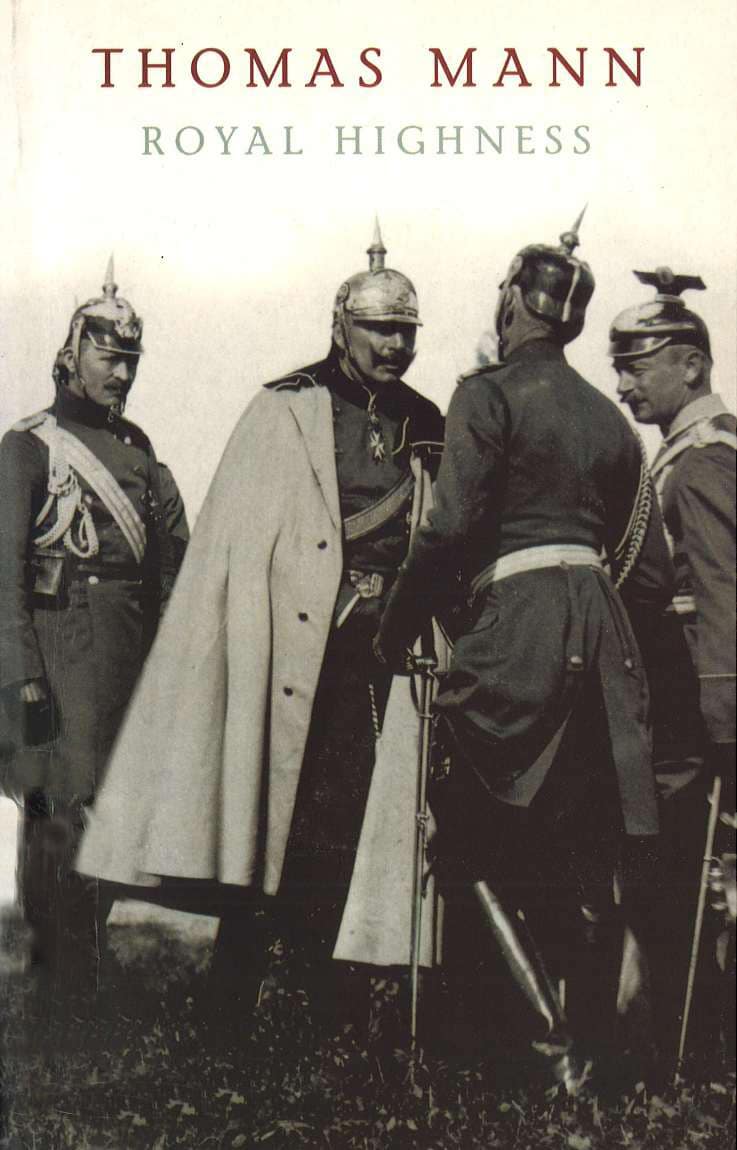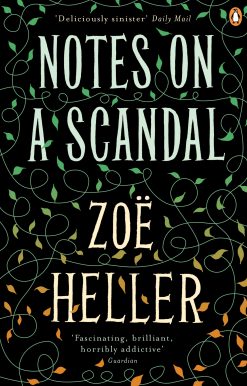Description
THE BOOK: One of Thomas Mann’s most delightful stories, Royal Highness is richly resonant with may of his themes and symbols. His careful depiction of a decaying, stratified society rejuvenated by modern forces illustrates in fable what he regarded as a universal truth – that ripeness and death are a necessary condition of rebirth.
Additional information
| Weight | 0.225 kg |
|---|---|
| Dimensions | 1.8 × 12.9 × 19.8 cm |
| Format | |
| language1 | |
| Pages | 320 |
| Publisher | |
| Year Published | 1997-1-27 |
| Imprint | |
| Publication City/Country | London, United Kingdom |
| ISBN 10 | 0749386827 |
| About The Author | Thomas Mann was born in 1875 in the ancient Hanseatic town of Lübeck, of a line of prosperous and influential merchants. His father, head of the ancestral firm, had also been a senator and twice mayor of the free city; his mother was of Germanic-Creole heritage. Brought up in the company of five brothers and sisters, Mann completed his education under the discipline of north German schoolmasters and entered an insurance office in Munich at the age of nineteen. During this time he secretly wrote his first tale, Fallen, and shortly afterwards left the insurance office to study art and literature at the University of Munich. Then, after spending a year in Rome, he devoted himself exclusively to writing.He was only twenty-five when Buddenbrooks, his first major novel, was published. Before it was banned and burned by Hitler, it had sold over a million copies in Germany alone. His second great novel, The Magic Mountain, was published in 1924 after twelve years of labour. In 1926 the chance request of a Munich artist for an introduction to a portfolio of Joseph drawings was the genesis of the tetraolgy Joseph and his Brothers, the first volume of which was published in 1933. He was awarded the Nobel Prize for literature in 1929.In 1933 Thomas Mann left Germany to live for a time in Switzerland. Then, after several previous visits, in 1938 he settled in the United States, living first in Princetown, New Jersey, and later in California, where he wrote Doctor Faustus and The Holy Sinner. Among the honours he received in the U.S.A. was his appointment as a Fellow of the Library of Congress. He revisited his native country in 1949 and returned to Switzerland in 1952, where The Black Swan and Confessions of Felix Krull were written, and where he died in 1955. |
Only logged in customers who have purchased this product may leave a review.






Reviews
There are no reviews yet.